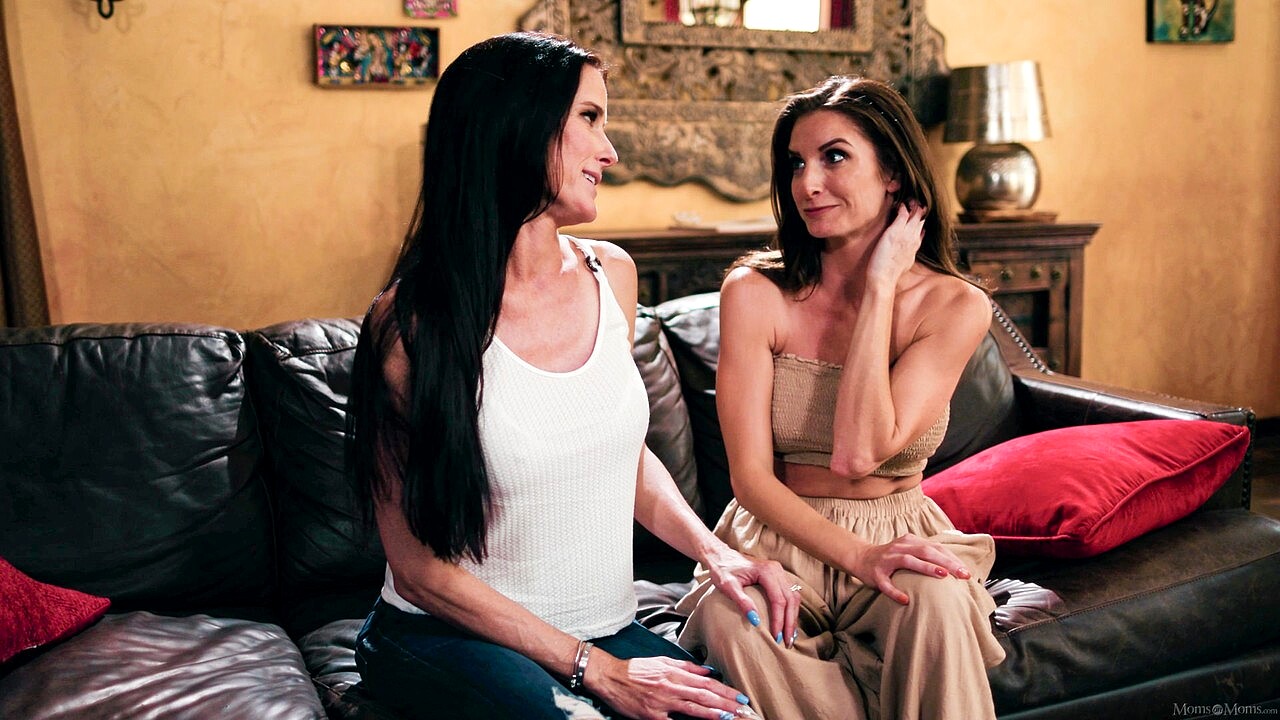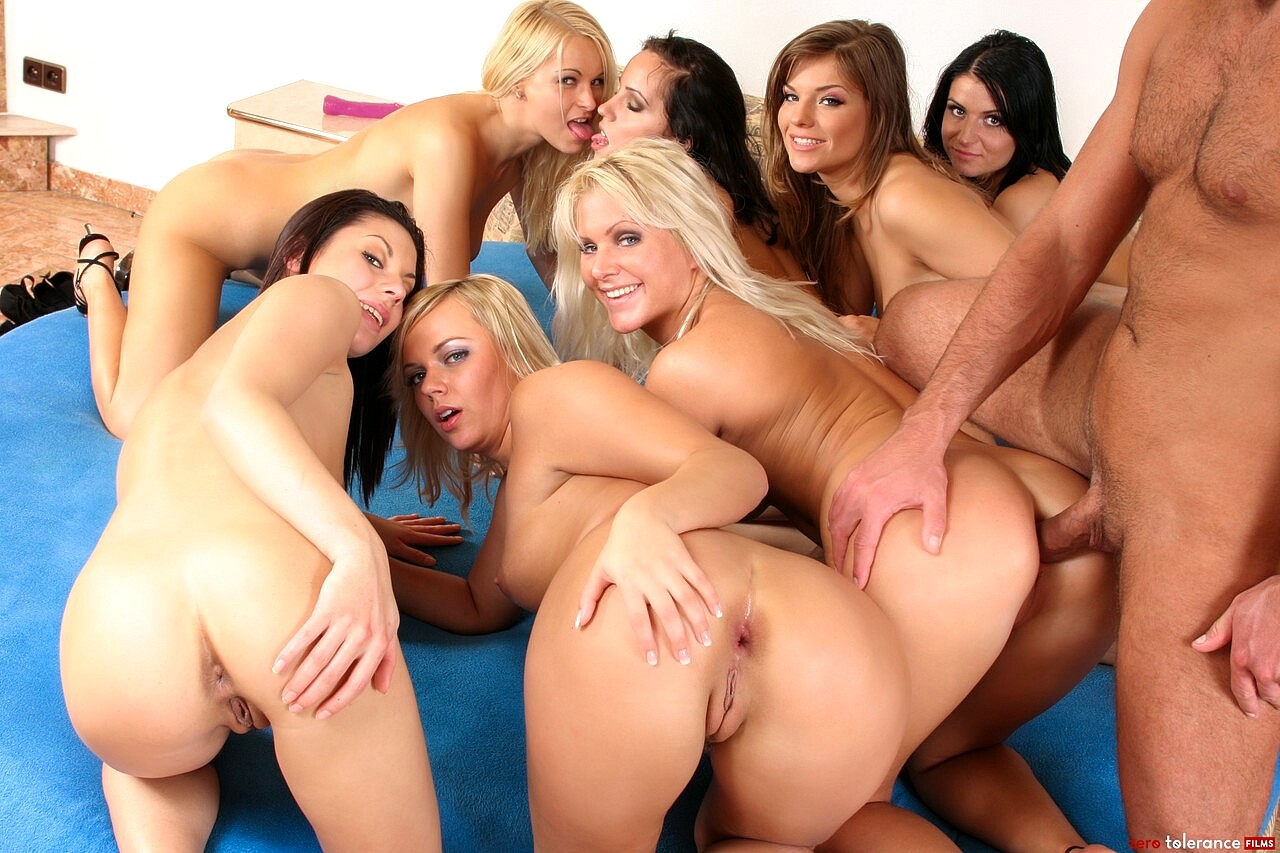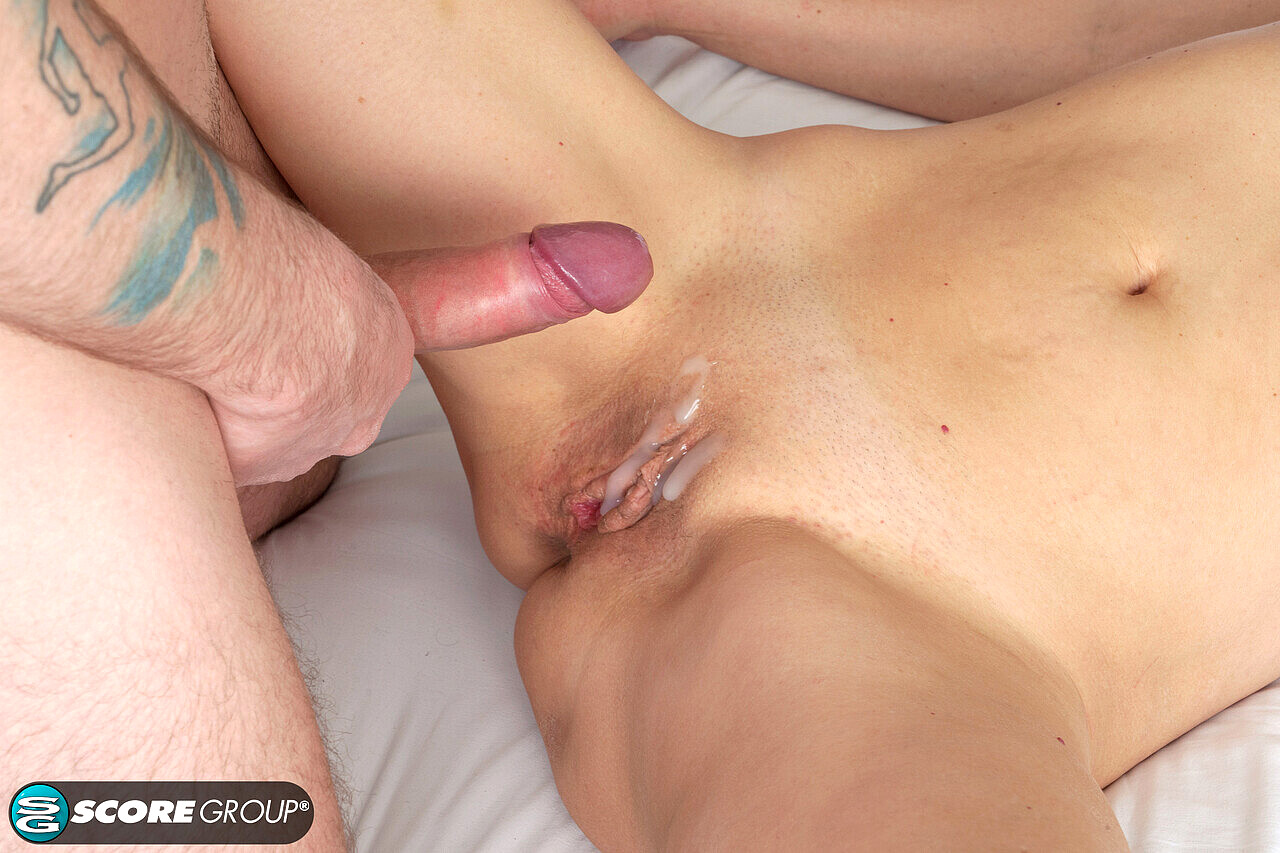Concern? Not If You utilize What Is An Ebony Woman The right Approach!
Concern? Not If You utilize What Is An Ebony Woman The right Approach!
Blog Article
 I discovered my first magnificence lessons at the college of yearning and longing. When you loved this informative article and you want to acquire guidance regarding Blonde Euro Actress generously pay a visit to our own web-site.
I discovered my first magnificence lessons at the college of yearning and longing. When you loved this informative article and you want to acquire guidance regarding Blonde Euro Actress generously pay a visit to our own web-site.
Best Black Woman Onlyfans
 There, I discovered that magnificence was “aspirational,” and I was only ever conscious of how much I wanted to be lovely, or maybe worthy of love and celebration, when i felt empty. It dictated the social pecking order. Beauty, as I knew it, wielded vital affect; an Achilles heel for the powerful, a thorn in the flesh for noblemen- its allure might drive the most sensible people into the depths of want. The hallmarks of their magnificence had been marked by shimmering adornments, Juicy Couture velour suits and starter necklaces, Coach luggage, and Louis Vuitton Damier sets. They ate hibachi and sushi, dated rappers, and had been the individuals I seemed to for where to shop and what to eat. In the early aughts, Beyoncé, America’s Subsequent Top Model, and vixens from the Hype Williams video shoots served as formidable influencers, in the end shaping my notion of what was desirable and what was not. I wanted to be like them and exist in a seemingly carefree world that ate from the palm of my hand.
There, I discovered that magnificence was “aspirational,” and I was only ever conscious of how much I wanted to be lovely, or maybe worthy of love and celebration, when i felt empty. It dictated the social pecking order. Beauty, as I knew it, wielded vital affect; an Achilles heel for the powerful, a thorn in the flesh for noblemen- its allure might drive the most sensible people into the depths of want. The hallmarks of their magnificence had been marked by shimmering adornments, Juicy Couture velour suits and starter necklaces, Coach luggage, and Louis Vuitton Damier sets. They ate hibachi and sushi, dated rappers, and had been the individuals I seemed to for where to shop and what to eat. In the early aughts, Beyoncé, America’s Subsequent Top Model, and vixens from the Hype Williams video shoots served as formidable influencers, in the end shaping my notion of what was desirable and what was not. I wanted to be like them and exist in a seemingly carefree world that ate from the palm of my hand.
How To Love A Black Woman
In Toni Morrison’s novel The Bluest Eye, the longing for magnificence is just not only a outstanding theme in girlhood, however an identity intertwined with racism that affects society’s most weak: Black girls. This seminal novel, set within the 1940s in Lorain, Ohio, is commonly used as a social commentary for the world’s therapy of unambiguously Black women and women, and invites additional dialogue on how often beauty is associated with whiteness. More than something, Pecola yearns to be liked wholly. Morrison’s protagonist, eleven-year-old Pecola Breedlove, is taunted for her darkish complexion and perceived “ugliness.” She prays for blue eyes and pale pores and skin with the belief that if she were “beautiful,” it may circumvent the unimaginable abuse inflicted by her father and the group at massive.
“The concept of beauty has been wielded by colonialism to make you dive additional into the notion that one group of individuals is superior to a different,” says Dr. Sarah L Webb, a scholar on desirability politics and colorism. “If you want to convince people who white of us are superior to everybody on the planet, part of that venture is convincing those that they’re additionally more beautiful than everyone on the planet. It’s a direct correlation with groups of individuals who've been deemed ugly or undesirable, these people whose lives are most expendable and are forced to labor in service to the ruling courses.”
When magnificence is conflated with advantage, “ugly” turns into more than a jarring adjective but a moral failure that invites dehumanization. In propagandist artwork, antagonists are deliberately depicted as caricatures with exaggerated options or likened to insects and rodents. This dehumanization latches into the psyche of each marginalized and majority groups. Picannies and minstrels, notably caricatures of Black folks, had been usually portrayed in humiliating circumstances for the bewilderment of white crowds and, in fact, absent of empathy.
During the 1960s, Kwame Braithewaithe selected women for shoots and style reveals in Harlem to counteract Eurocentric magnificence requirements in mainstream media and symbolize the vastness of beauty often limited to light-skinned fashions in Black publications. Rendering his Hasselblad, he photographed full-figured, large-nosed, darkish-skinned ladies with vivacious fros and braids set forth to the black-and-white portrait style he envisioned as jazz. This work, with the aforementioned Grandassa Models, helped popularize the slogan “Black is beautiful.”
Who Is The Most Beautiful Black Woman
Yet in 1974, Morrison, who had written “The Bluest Eye” partially in response to the slogan, asserted that the slogan “Black is beautiful” was an “accurate however wholly irrelevant observation,” She wrote, “The phrase was nonetheless a full confession that white definitions have been important to us (having to counteract them meant they were significant) and that the quest for physical beauty was each a very good and worthwhile pursuit.” Morrison requested, “Once we had satisfied everyone, together with ourselves, of our beauty, then, ..what? Things would change? We could assert ourselves? Make calls for? White folks presumably had no objection to killing lovely folks.”
 Sixty years have passed because the Black Is gorgeous motion, and its affect remains prevalent in pop tradition right this moment. Regardless of how we reward what we see as lovely, “beauty” and “desirability” remain a supply of weaponization that infiltrates each side of life, and with it comes its alibis: colorism, featurism, fatphobia, and queerphobia. Fashions like Anok Yai, Adut Akech, and Precious Lee are impacted by not only the ethos of “Black is beautiful” but in addition the work of advocate Bethann Hardison, who coexisted as a mannequin through the era. At a macro level, Black-owned manufacturers problem the established order and create new cultural resets within the magnificence business, while individually curated photos on-line of grillz, freestyle braids, and gold jewellery invoke emotional inspiration for our stylistic palettes.
Sixty years have passed because the Black Is gorgeous motion, and its affect remains prevalent in pop tradition right this moment. Regardless of how we reward what we see as lovely, “beauty” and “desirability” remain a supply of weaponization that infiltrates each side of life, and with it comes its alibis: colorism, featurism, fatphobia, and queerphobia. Fashions like Anok Yai, Adut Akech, and Precious Lee are impacted by not only the ethos of “Black is beautiful” but in addition the work of advocate Bethann Hardison, who coexisted as a mannequin through the era. At a macro level, Black-owned manufacturers problem the established order and create new cultural resets within the magnificence business, while individually curated photos on-line of grillz, freestyle braids, and gold jewellery invoke emotional inspiration for our stylistic palettes.
Beauty is just not enough to take care of pervasive programs of oppression. ELLE.com spoke with consultants and cultural workers to discover the pursuit of Black magnificence and how it can be celebrated with out social conditioning. But, contemplating how marginalized communities have been deemed undesirable, can celebrating beauty be a healing balm of self and neighborhood love? Forward, colorism scholar Dr. Sarah L. Webb, facilitator and creator Vanessa Rochelle Lewis (Reclaim Ugly, Penguin Random House), and TK Saccoh, the founding father of The Darkest Hue, share their ideas.
Ebony Woman Onlyfans
Is the pursuit of beauty worthwhile?
Ebony Woman Who Want White Men
Vanessa Rochelle Lewis: The pursuit of magnificence is worthwhile when we will interact with it intentionally and from a spot of self-love and expression, however too typically, we treat magnificence like it's both goal and obligatory-like all of us have the same understanding of what magnificence is and it’s our accountability to pursue it if we need to be treated properly by others. There are common standards of what will not be stunning, of what's perceived as ugly, and we’re expected to want nothing to do with it and to try to change the parts of our physique or id that others might uglify. Too many of us deal with beauty as if it’s moralistic, like someone is failing social agreements in the event that they aren’t overtly aspiring in direction of beauty and away from ugly, and I feel that’s harmful, inherently violent, and exclusive. Particularly since what we outline as ugly is commonly rooted in racist, anti-Black ableist, fatphobic, ageist, and classist ideals. When we start to recognize beauty as subjective, as an expertise and expression with which we are able to build an intimate and private relationship-one that doesn’t count on or require exterior validation and isn’t a social expectation-then I feel the pursuit of beauty turns into worthwhile.
Dr. Sarah L. Webb: It’s form of human nature to seek inspiration or to hunt that form of feeling that we get when we take a look at a phenomenal painting, It’s still worth having the ability to say, I had this experience, however I believe in an effort to have that be a healing observe, we need to be vigilant and cognizant of the ways that magnificence has been weaponized in opposition to us, with a essential consciousness of the dangers of how magnificence has been tainted for political purposes. In the African Diaspora, there were indigenous tribes where before a girl bought married, they might try to fatten her as much as make her body bigger and more robust. Our concepts and assumptions about beauty are culturally influenced, and we see this throughout totally different cultures and regions of the world. Whereas, in Western society, to arrange for marriage, we [people] attempt to shed extra pounds. Ideas of what’s stunning can fluctuate, and that awareness, for me and my work round colorism healing, generally is a form of empowerment. If magnificence can be altered or evolve throughout society, we, as individuals, can have some company and may recondition our minds to see one thing else or have a more expansive view of beauty. The healing will not be at all times “let me exchange one concept of beauty with another,” however [reasonably] broadening what I see as beautiful.
Where To Meet Beautiful Black Woman
Beauty is typically mentioned as an abstract idea that no one has management over. How can someone start the process of unlearning what they’ve been taught subconsciously about themselves and the individuals around them?
VRL: Attraction will not be inherent. So we’re continually fed requirements of beauty, and in our eyes, we turn out to be accustomed to a certain gaze, however after we pause and look round ourselves, our families, our neighbors, our communities. We see the identical form of bodies again and again on Television, in the music trade, in magazines, and on e book covers, and even if you happen to learn romance novels, the same type of our bodies are described over and over. We will see folks in loving relationships who have all sorts of bodies. We see outdated individuals who don’t fit into these requirements of magnificence in any respect being utterly devoted, taken care of, protected, and nurtured. So I believe people want the opportunity to only first acknowledge that we're taught too much about magnificence and desirability, be okay with acknowledging that, after which be keen to start out taking in alternative media.
Thick Ebony Woman
How will we celebrate Black magnificence outside of conditioning?
VRL: There are some folks, bodies, aesthetics, and behaviors that we now have been conditioned to perceive as more worthwhile. These people who we don’t sexualize-what does it imply to sit with the glory of their physique? [I think] compassionately recognizing where they got here from, and then pondering, does this really have interaction with my very own joyful liberation or pleasure my own freedom? Assume about the Black folks round you, many of us love our dad and mom, grandparents, favorite trainer or neighbor and we're not looking at them to evaluate their magnificence. Because they couldn’t exist with no body. If we love Huge Mama’s heat, cushy hugs, what does it mean to understand the fluffiness of Massive Mama’s body that permits them? Take, for instance, any person who has a school degree or has the assets to get their hair, nails, and eyelashes finished or wear certain kinds of clothes; these standards got here from a place of survival and navigating white supremacy.
SLW: I like the phrase celebration because it’s one thing to alter the narrative and see something as stunning. However the idea of celebration, to me, again, routinely takes me to a space that goes beyond the visible sense. This could be a delicate shift as a result of beauty mandates include this sense of worry and obligation. Part of my healing process is past what I look like, [and more about] how I can really feel beautiful; considering I really like my skin tone and my hair, not just because they give the impression of being good and are acceptable to other people however in loving my pores and skin, I actually feel good in my pores and skin. Tying our magnificence acts to what feels good helps us discern when our beauty acts really feel like an obligation, like considering whether or not I’m straightening my hair because I feel obligated to with a purpose to avoid stigma and ostracization versus I’m straightening my hair because I feel joy in doing that, or I really feel right. Permitting ourselves to discern when beautification makes us really feel freer, extra joyful, and happier versus when beautification feels like a job or something that's defending us from being ostracized, judged, or criticized.
How would you define desirability and how it impacts the community at giant?
TK Saccoh: My understanding of desirability politics is borrowed from Dashuan L. Harrison. By means of the lens of colorism, we see ladies and girls who get essentially the most alternatives, usually looking a certain approach than people who find themselves darker skinned or not thin or wouldn't have a palatable aesthetic to them. If you live somewhere exterior of the options which might be rewarded, the world is going to punish you in a variety of how for not conforming. Whether or not you’re thin, in a position-bodied, or gentle, all these -isms and programs of oppression work collectively to create desirability and health outcomes, employment prospects, social circles, and even marriage prospects. It’s a system of oppression that rewards you tangibly based mostly on sure options you were born with. The politics of anti-fatness as anti-Blackness where desirability is social and financial capital, which is extra tangible than fairly privilege. They’re a trans author, and they wrote the e-book, Stomach of the Beast.
I discover that the most desirable individuals are given alternatives to symbolize the group, especially after we discuss ladies and women. This warps our understanding of representation and leaves a lot of people behind who need to be represented but should settle for the crumbs of representation. It’s like I can see myself in that person because they’re Black, however there are such a lot of different issues I experience that that person doesn’t.
What are some methods for deconstructing internalized biases?
TK: In a world that's rife with colorism, ableism, and fatphobia, I feel the first step is recognizing that you weren’t born discriminating against people who are darker skinned or who've bigger our bodies. You'll be able to understand that no matter biases you might have, it’s not as private as you would possibly assume it's. I think that, on par with educating your self, you actually have to interrogate how you interact with folks you’re biased towards and be self-important and introspective about these interactions. Then, you want to educate and ground yourself in more scholarly work; perhaps checking whatever instinct you need to silence people whom you might need biases against. As someone who does a whole lot of colorism work, folks will voice their frustrations about colorism, [with household, and so forth] and are weak about their experiences, and as a substitute of [individuals] listening to them, they’re automatically accused of being bitter or divisive.
How To Make Love To A Black Woman
 Is there a approach that Black Beauty can be celebrated in a method that doesn’t lean into desirability?
Is there a approach that Black Beauty can be celebrated in a method that doesn’t lean into desirability?
TK: It's turning into more durable to think about a world where there isn’t a hierarchy of beauty. We can see people who have been historically marginalized due to how they appear and have a good time and love on them more because they would wish corrective illustration. However I do assume we could be more intentional if we don’t need it to occur as shortly. It’s a troublesome balancing act as a result of, ideally, we want to celebrate Black magnificence and worth everyone’s magnificence, but in the society, we discover ourselves in right this moment, it’s a proclivity to put folks into hierarchies to attribute worth to certain features and different types of appearances. I don’t see how the celebration of beauty wouldn't inevitably lead and evolve into a hierarchy. It can’t just be like an all Black is a fantastic factor as a result of though I think that we need to be extra intentional about that celebration, we'd like to acknowledge the people who are categorically put in the box of ugly, whether or not it's because of their pores and skin complexion, their options, or their physique.
Ebony Woman Meaning
Do you think society has progressed or regressed since the Black Is gorgeous motion?
 SLW: I feel from the late 1960s by means of the late 1970s, the pendulum began to swing unequivocally, without query, toward Black is gorgeous. How are we defining that for ourselves, and are we critiquing our personal critique of the system? Social media has allowed folks to talk and be heard, seen, and critique these movements. I think we’re beginning to see it now swing back in direction of folks having the chance to not only say that Black is beautiful, however what I hope changes with this era is that we begin to question what number of variations of Black fit into that term. What would give us staying energy to continue shifting the pendulum towards understanding the beauty of Blackness is recognizing and seeing Black as magnificence in and of itself as it's, not how closely we match the white aesthetic. We're coming into wider discourse. A few decades after that, it began to swing again to where it’s like press and curls and colour contacts. No matter how Blackness manifests, its vastness must be represented throughout physique kind, when it comes to abilities or disability, top, options, hairstyles, and hair textures.
SLW: I feel from the late 1960s by means of the late 1970s, the pendulum began to swing unequivocally, without query, toward Black is gorgeous. How are we defining that for ourselves, and are we critiquing our personal critique of the system? Social media has allowed folks to talk and be heard, seen, and critique these movements. I think we’re beginning to see it now swing back in direction of folks having the chance to not only say that Black is beautiful, however what I hope changes with this era is that we begin to question what number of variations of Black fit into that term. What would give us staying energy to continue shifting the pendulum towards understanding the beauty of Blackness is recognizing and seeing Black as magnificence in and of itself as it's, not how closely we match the white aesthetic. We're coming into wider discourse. A few decades after that, it began to swing again to where it’s like press and curls and colour contacts. No matter how Blackness manifests, its vastness must be represented throughout physique kind, when it comes to abilities or disability, top, options, hairstyles, and hair textures.